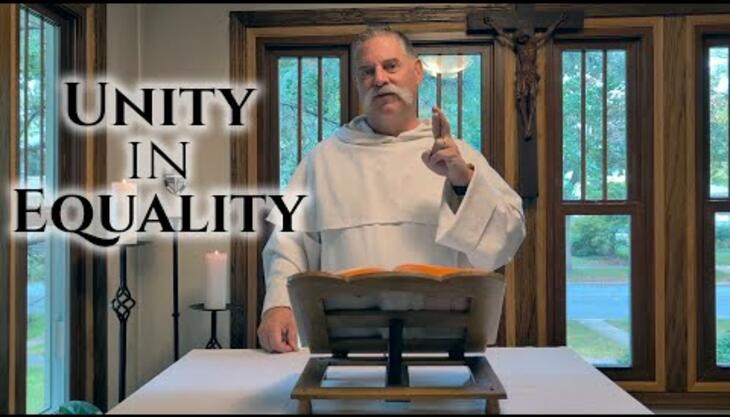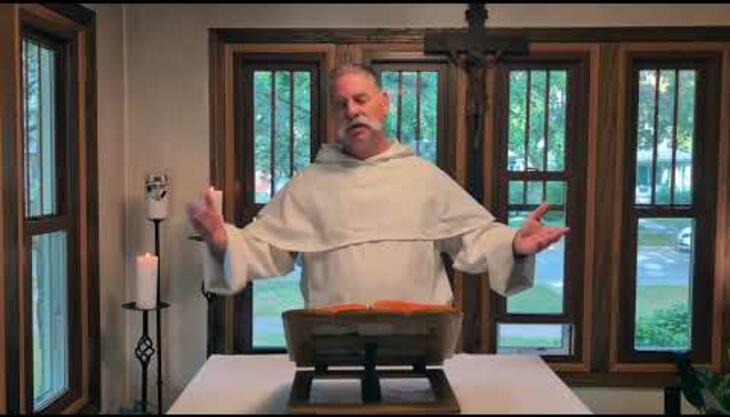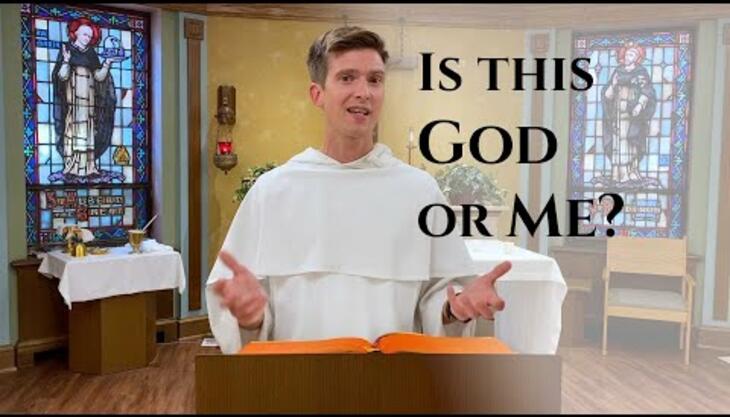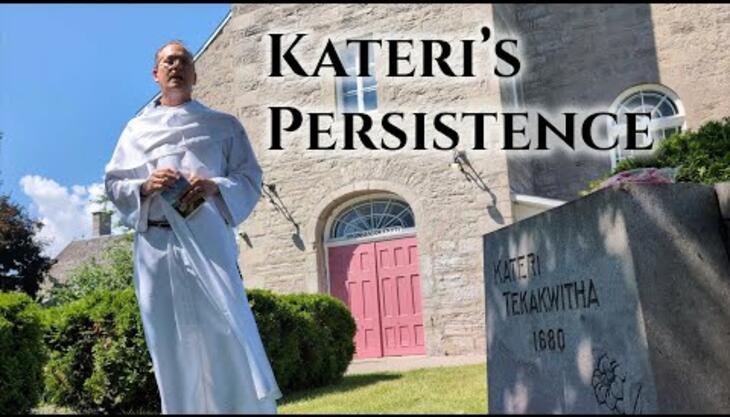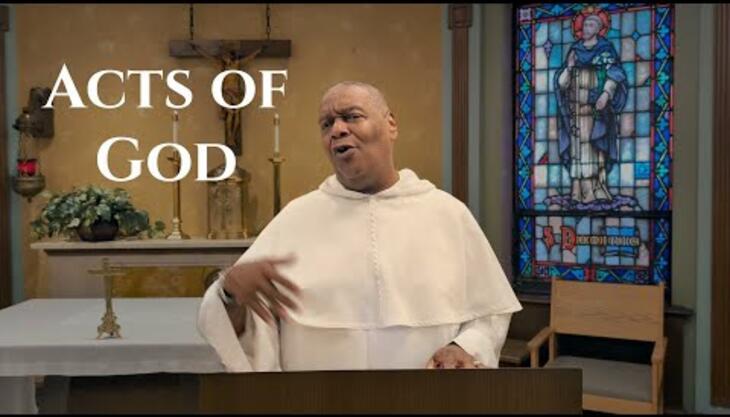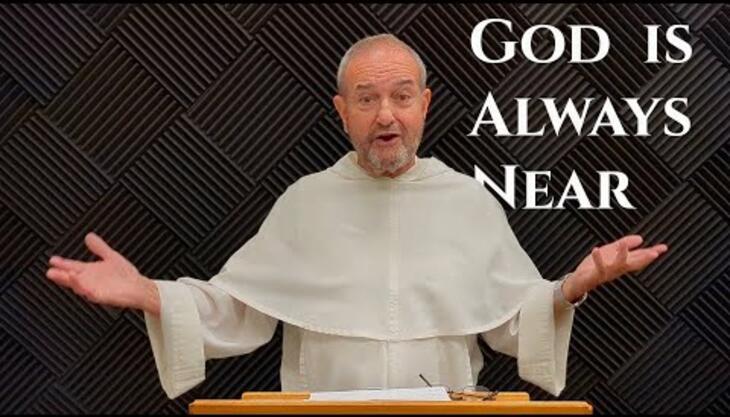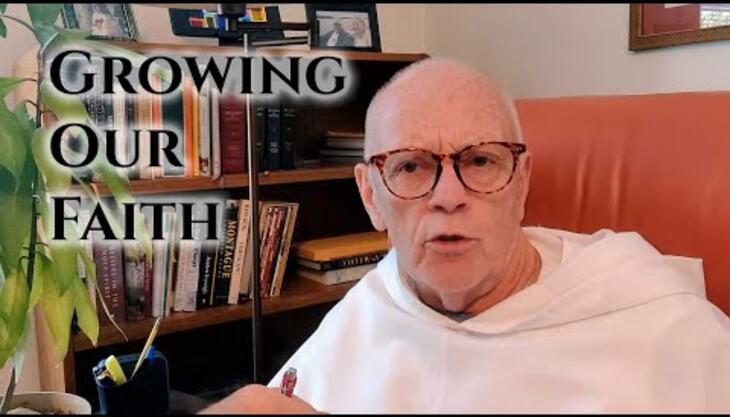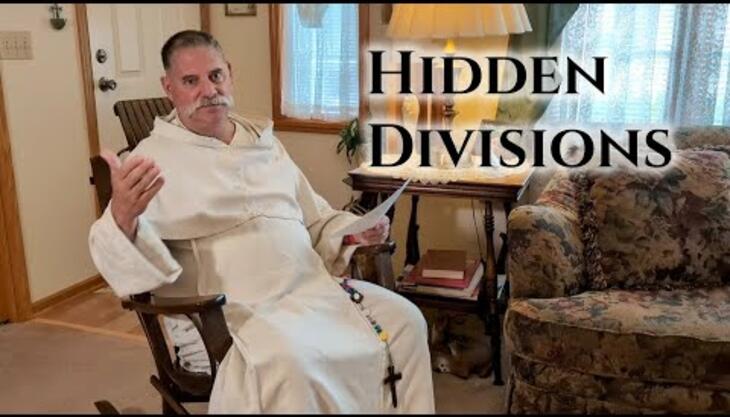The Solemnity of Christ the King of the Universe
Fr. Brendan Curran, OP breaks open the readings for the Solemnity of Christ the King of the Universe, showing the glory we hope for, and reminding ourselves how the reality we see is not what will be in the Kingdom of God. Thus, as the world struggles to become something better than it is right now, we do not despair at the destruction, but believe in the possibility of what will come.
Readings: Daniel 7:13–14: Revelation 1:5–8; John 18:33b–37
You can find all of the Know Before You Go videos at https://opcentral.org/know








